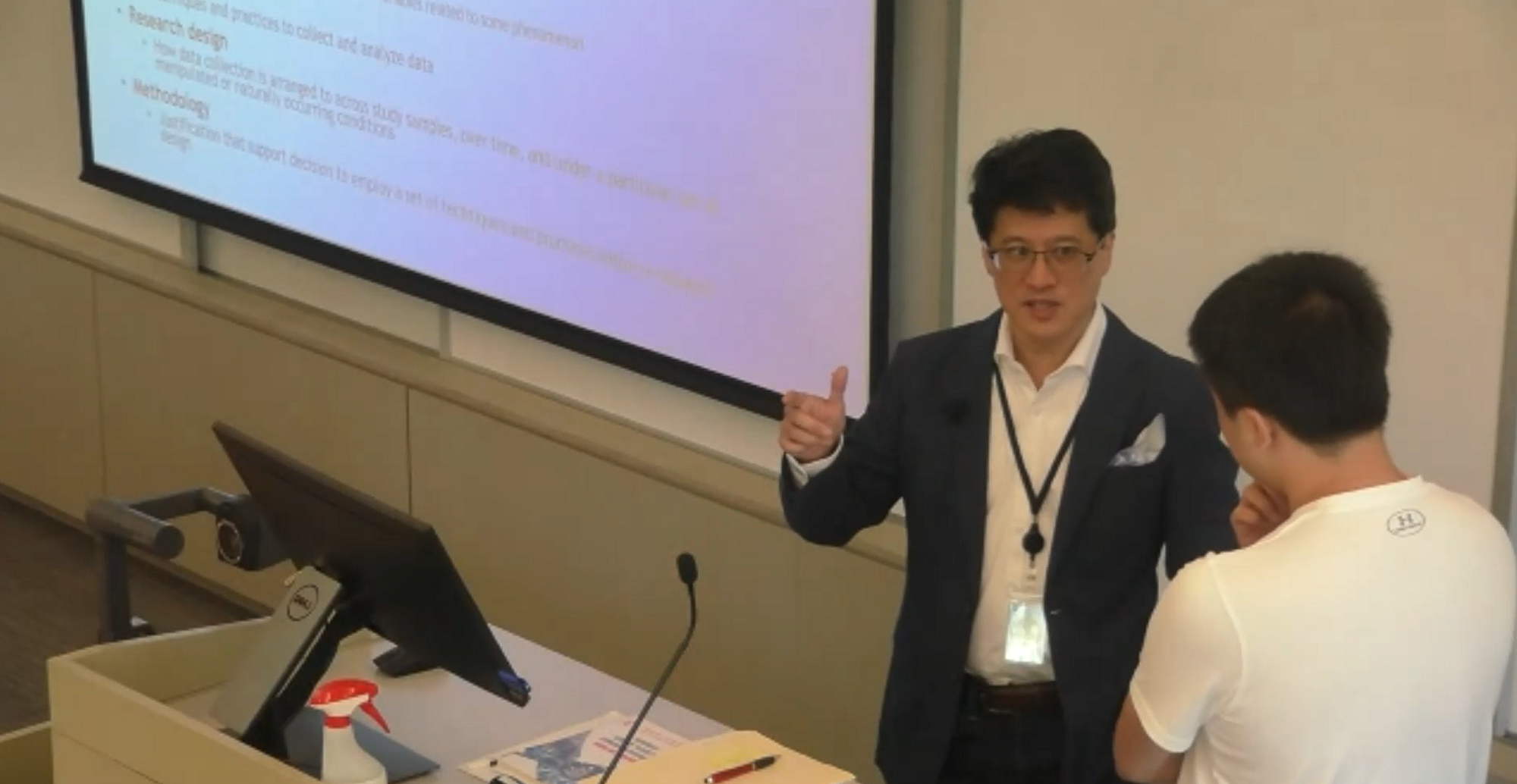Malcolm Gladwell, author of "The Tipping Point," uses the term "maven" to describe very knowledgeable people. These mavens are people who would know instantly whether a particular product is priced 10% too much (whereas the average person would not). They are the types of people voracious for product details in magazines like Consumer Reports and Road & Track. They can be the type of people that call the 800 number on the back of a box of Ivory soap to get the full scoop on what the soap ingredients are. Mavens may be both connoisseurs and fanatics.
Gladwell’s basic premise is that under the right conditions when mavens spread their knowledge to connector-types (networked people) which then in turn spread the knowledge to salesmen-types (charismatic, evangelist people), there is the possibility of information spreading virally. Anything from a mini-epidemic to a major epidemic is possible. The best example I have found on how blog ideas spread (in the context of the Tipping Point framework) can be found here.
Building business models around the concept of mavens, connectors, and salesmen seems like a powerful concept then. Businesses want to sell ideas, products, and services in epidemic proportions for sure.
From my vantage point, the social bookmarks platform del.icio.us is becoming a maven haven for certain Internet resources. As an example, it was there that I near instantly discovered the "wisdom of the del.icio.us crowds" was focusing in on this tremendous compilation of search engines. Never would have found that on my own. In part, I wonder whether the maven haven environment is supported largely by the fact that the user interface can seem so intimidating on first blush (see here for screenshots and screencasts of del.icio.us). I made a recent comment to an organization that might be able to improve its workflow by utilizing del.icio.us, and the comment was made back to me that "less than two people would know how to use it". Applying my high-end MBA quant skills, that means one person, right? Duh.
These observations also lead me to believe that features like different GUI interfaces for tagging Internet resources (as a user configurable preference) and the ability to both restrict use by and generate reports for different groups and demographics of people might be useful for better building businesses. More generally, it would be very valuable to be able to lincoln log together and monitor maven, connector, and salesmen puzzle pieces. The magic of creating business epidemics could then be "reduced" to world-class R&D and reading the tea leaves on introducing products in the right market conditions.
Pipe dream … perhaps. As for improving on the tagging of Internet resources, the search engine companies seems like they could move in this direction, but there also seems like there could be opportunities for some vertical integration plays to control the companies that support the maven (e.g., del.icio.us) and maven-connector (e.g., Technorati) model-based companies. From an empowerment perspective, it’s probably too simplistic to view some of these technologies just as "search engines for blogs" or "tagging and folksomy companies". If the world of finance is any example (albeit finance is a quicker market to adjust to information possession and release), the value of proprietary research and information goes up when a single entity has it and goes down significantly as more and more people have it. On the flip side though, it seems as though overall economic value can go up if the technology is designed such that proprietary solutions can be built on top of trusted and broadly available maven and connector technology foundations.
Steve Shu
Don’t forget to subscribe to Steve Shu’s blog now (click icon)! Business and technology information for everyone.![]()
